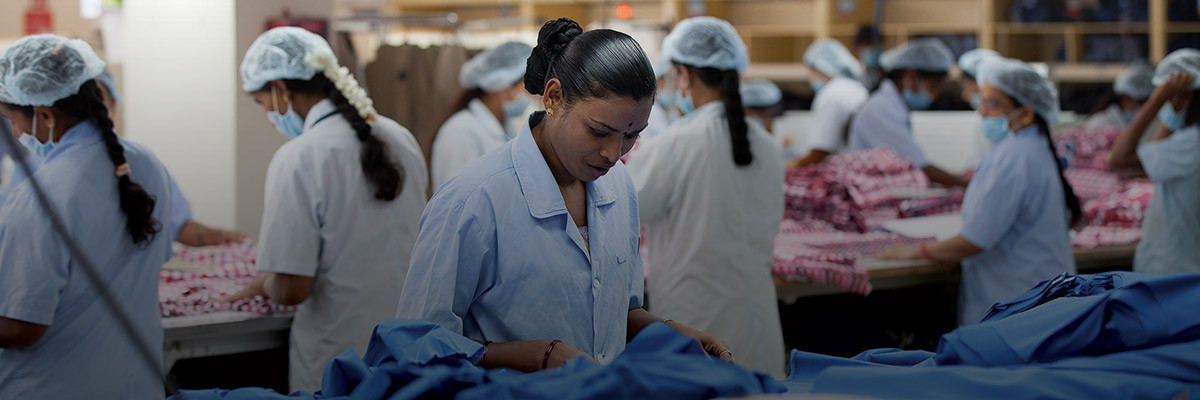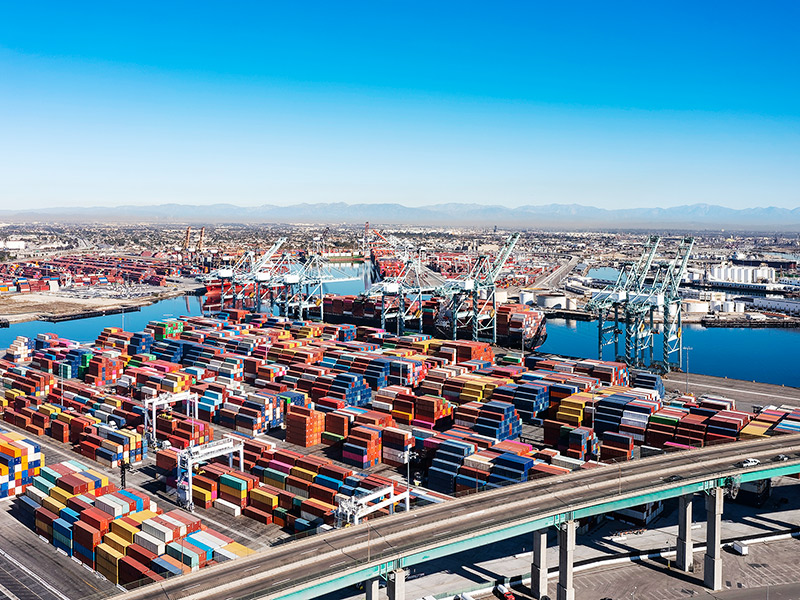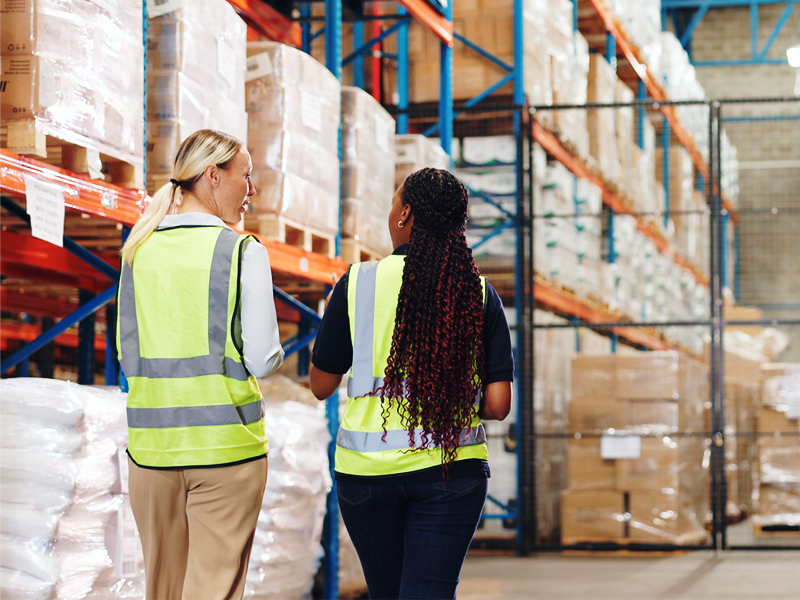
Authors
-
Lucia Flores Guevara
Former Manager, BSR
-
Lauren Shields
Former Director, BSR
“I can hardly sustain the family on my salary alone. My husband lost his job due to COVID-19, and this has affected us both financially and emotionally. There have been increased arguments in the family.”
Beatrice Ongari, a female tea farm worker in Kenya, is not alone in her struggle. The International Labour Organization estimates that globally working hours have reduced 14 percent during the second quarter of 2020, equivalent to the loss of 400 million full-time jobs. Women have been disproportionately impacted by job losses and reduced hours during the COVID-19 pandemic. It is likely that decades of previous gains in poverty reduction and gender equality will be lost.
To understand the human cost of the pandemic in supply chains, HERproject interviewed over 1,000 workers and managers in flower and tea farms in Kenya and in garment factories in Bangladesh, China, Egypt, India, Kenya, and Vietnam. Our new report, “I Can Hardly Sustain My Family”: Understanding the Human Cost of the COVID-19 Pandemic for Workers in the Supply Chain, paints a troubling picture of the situation confronting workers in supply chains. Even workers who, like Beatrice, have retained their jobs continue to struggle to manage the uncertainty and stress of work and personal lives that have been deeply disrupted.
Supply Chain Workers Suffer from Hunger and Stress
The interviews revealed the extent to which workers’ health and well-being have been affected by COVID-19 and related work disruptions. Workers reported cutting back on meals due to reduced working hours and income: in Bangladesh, 54 percent of men and 40 percent of women reported limiting food expenses. Some workers, struggling to cover basic necessities such as food and rent, reported resorting to using savings or taking out loans. These findings are aligned with a recent report published by Worker Rights Consortium.
Workers also expressed a constant fear of contracting COVID-19 and fear for their family’s health. This adds an additional layer to an already stressful working environment—and to lives that are already under pressure, especially for women who reported an increase in unpaid care work. The additional stress has resulted in higher levels of anxiety and strains on mental health and an alarming rise in gender-based violence, as exemplified by the situation in Kenya, where more than half of female respondents noticed an increase in violence against women.
Supply Chain Resilience Is at Risk
The evidence from the workers themselves shows the far-reaching impact of applying the brakes on the garment and agriculture supply chains, and for women in particular. Supplier management also told us they face high levels of uncertainty about the future of their businesses, which in turn puts more jobs and livelihoods for workers at risk.
In addition, the COVID-19 pandemic may accelerate broader trends such as supply chain consolidation and automation, which will hasten the decline of traditional manufacturing jobs and even farm work. Although these trends are likely to generate new types of jobs, experts say those opportunities will be out of reach for most of today’s low-income workers without planning and intervention.
How Companies Can Support an Inclusive COVID-19 Recovery for Workers and Supply Chains
The HERproject surveys suggest workers urgently need support. Here are some ways in which companies can act to support an immediate response:
- Find out how workers in your supply chain are impacted: Hearing directly from workers is essential to understanding the human toll of the pandemic.
- Support urgent relief: Workers need financial assistance and support services as they continue to face issues like hunger, mental health stress, and gender-based violence.
- Reinforce relationships with suppliers: Workers are still struggling, and the risk of second and third waves of the pandemic is real. Companies should uphold their commitments to suppliers and support them in the face of uncertainty.
- Collaborate with others: Engage with other companies and stakeholders to support collective and coordinated responses to challenges for workers in the supply chain. Worker well-being is a pre-competitive issue that requires cooperation.
- Develop a gender-inclusive recovery: Women are already emerging as the most at-risk group in terms of the economic impact of coronavirus. Companies have an opportunity to lead a recovery that puts the needs of women workers front and center.
Listening to workers is crucial for leading recovery strategies informed by the real-life challenges that workers are facing. Women are the backbone of global supply chains; it is now more urgent than ever for companies to listen to female workers’ voices to ensure a recovery that does not leave women behind. By understanding workers’ challenges, and by accounting for women’s specific needs, companies can seize the opportunity to take concrete action to improve the lives of workers and build back long-term resilience.
Topics
Collaborative Initiatives
Let’s talk about how BSR can help you to transform your business and achieve your sustainability goals.







